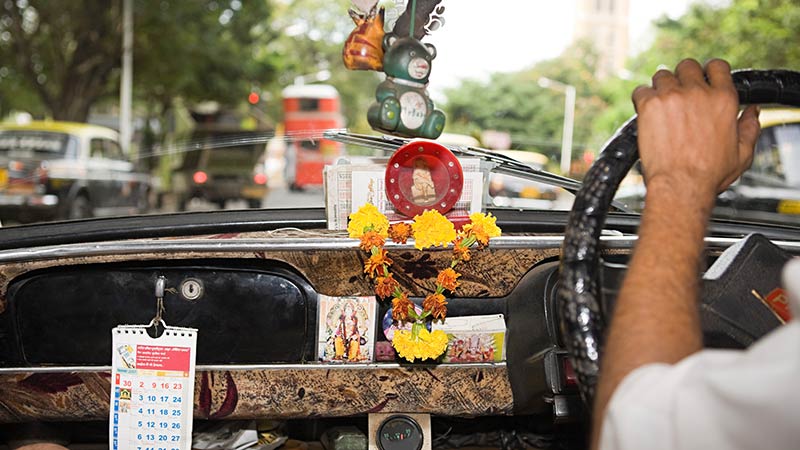India accelerates electric car target to 15pc within five years

India wants 15 per cent of all its vehicles to be electric in five years in an effort to combat pollution, according to a report from Bloomberg.
That’s an aggressive advance on an earlier target of 30 per cent by 2030.
“If at least 15 per cent comes in the next five years, it will be useful for the country,” Bloomberg quoted India’s transport minister Nitin Gadkari as saying at a conference in New Delhi.
“This is a time for the country to think seriously about pollution.”
That’s good news for investors in “battery metals” such as lithium, cobalt and graphite that are needed by car-makers to power electric vehicles (or “EVs”).
It’s also good news for producers of materials such as copper, nickel and rare earths that are used in electric car engines, parts and charging infrastructure.
So far China has been the biggest driver of the EV market, accounting for more than 40 per cent of electric car sales, followed by Europe and the US at about 25 per cent each.
India has been seen as a relative laggard — but that may be about to change.
Morgan Stanley is forecasting that India’s demand for electric cars will drive half of all growth in the global car market between now and 2030.
- Subscribe to our daily newsletter
- Bookmark this link for small cap news
- Join our small cap Facebook group
- Follow us on Facebook or Twitter
In a recent report, Morgan Stanley said it expects half of the cars on India’s roads will be electric by 2040, suggesting it could rival China.
India sold an estimated 2000 EVs last year, reported Bloomberg.
“EVs may account for about 7 per cent of sales in India by 2030,” the news agency said.
“In contrast, China is targeting sales of 7 million new-energy vehicles by 2025, which may account for 15 per cent of the vehicle market by then, according to China Association of Automobile Manufacturers.”
UNLOCK INSIGHTS
Discover the untold stories of emerging ASX stocks.
Daily news and expert analysis, it's free to subscribe.
By proceeding, you confirm you understand that we handle personal information in accordance with our Privacy Policy.








